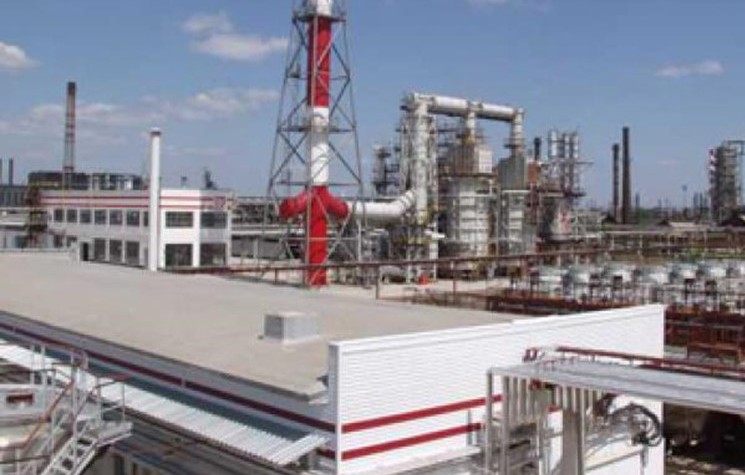LUKOIL vigorously refutes Ukraine’s allegations

By Amy McLellan
Oil companies, wherever they operate, are no strangers to political interference, be it fiscal fiddling, fracking policy or offshore drilling bans. Companies also often find themselves at the mercy of geopolitical forces beyond their control: witness the travails of Gulfsands Petroleum following the outbreak of civil war in Syria.
A number of companies have been caught up by the ongoing crisis in Ukraine, with gas producers Cub Energy, JKX Oil & Gas and Regal Petroleum hit hard by the impact of tax hikes and sales restrictions.
Now major Russian oil companies, some of which are already subject to Western sanctions designed to put pressure on Moscow for its role in the conflict, are being embroiled in the crisis. Earlier this month LUKOIL, Russia’s second largest oil producer, found itself accused of financing terrorism in two breakaway regions of Donetsk and Luhansk.The allegations, which LUKOIL has strenuously refuted, were made on the website of the Ukrainian security services.
LUKOIL president Vagit Alekperov used his attendance at the World Economic Forum in Davos to deny the accusations, insisting the company did not illegally import or sell petroleum products in Ukraine, adding the oil giant “intends to protect its rights by all legal means”.
Indeed, it seems the company is unclear how or why these allegations have been made, with the LUKOIL saying it hasn’t received any official communication about the allegations other than the bulletin posted on the Ukrainian Security Services website.
In a statement issued this week, LUKOIL confirmed it has now sent an official letter to the Ukrainian Security Service’s Main Investigation Department laying out its position and has said it is “prepared to engage in strong cooperation with the law enforcement agencies and to furnish them with information” about its operations in Ukraine.
The company’s exposure to Ukraine is currently limited as it has been divesting its assets: last summer, for example, it entered a deal with Austria’s AMIC Energy Management to sell its 240 filling stations and 6 petroleum tank farms in Ukraine and its Karpatneftekhim chemical facility was shut in almost a year ago due to the crisis, although the company says it continues to pay wages of the employees and cover its repairs and maintenance costs.
However, the company is rattled by the accusations because, among the Russian oil giants, it is the most internationally active, with operations in 48 countries, including 27 EU countries.
Indeed, in a statement issued this week, the company made clear that because of its international presence “strict adherence to international law and the national legislations of the countries where it operates has always been and forever remains the company’s basic and unfailing principle” and that this is “confirmed by the company’s unstained reputation with its business partners, investors and customers”.
LUKOIL is a corporate heavyweight: over the first nine months of 2014 its net income was US$5.7 billion on sales revenues of US$113 billion with production of 2.3 million barrels of oil equivalent per day, with the oil and liquids component up almost six per cent at 1.9 million bpd due to start of commercial production from its West Qurna-2 project in Iraq.
It is not the only Russian giant to be hit by political pressure from Kiev. Rosneft, currently subject to Western sanctions which it is challenging in the courts, said it plans to defend its assets in Ukraine, where it says an oil storage facility has been seized by armed men and a refinery has been damaged by shelling from the Ukrainian army. Tatneft and Transneft have also been embroiled in disputes about asset ownership or stolen products.
Small cap companies operating in Ukraine may be feeling the pain of the current crisis but it seems Russia’s big oil and gas giants are also feeling the heat.
Comments (0)